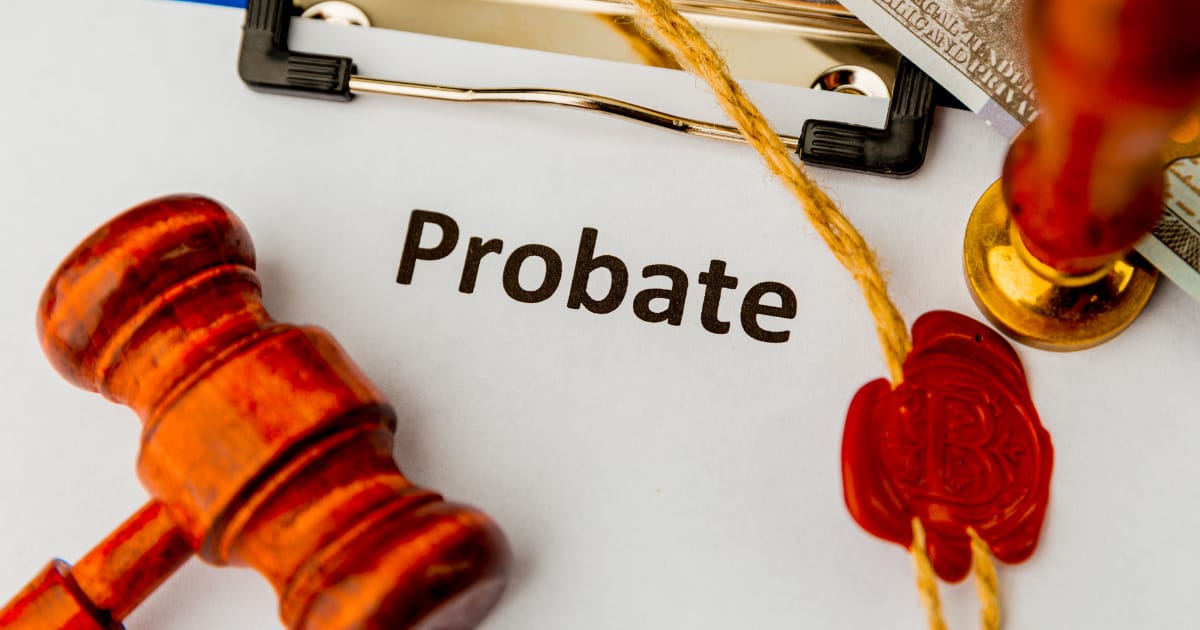
If you have been wondering what Chapter 13 bankruptcy is, you’ve come to the right place. This type of bankruptcy allows debtors to pay back their debts over a period of three to five years. Debtors usually discharge their debts related to credit cards, medical bills, and personal loans, but they may also be able to keep their homes if they are behind on their mortgage payments. The repayment plan that is approved by the court prevents creditors from collecting money from debtors.
While this repayment plan generally lasts three to five years, it requires careful planning. Oftentimes, a person must begin saving months or years before filing for bankruptcy. It’s best to start preparing for this process as soon as possible. When considering bankruptcy, consider your long-term goals and whether there are better options. You’ll be better off preparing if you know what your goals are, rather than worrying about how you’re going to pay off your debts.
If you’re behind on your payments, you’ve probably considered Chapter 13 bankruptcy. This type of bankruptcy is designed for people who have regular income, and is also called a wage earner’s plan. You’ll use your income to pay back your debts, with your payments lasting between three and five years. During this time, your remaining debts will be discharged, allowing you to keep your home.
When filing for Chapter 13, you’ll need to pay back all your priority debts, including your taxes, and any associated filing costs. If you’re a sole proprietor, you’ll have the option to continue your business, although you’ll need to generate enough income to make your payments on time. A chapter 13 bankruptcy repayment plan can also save your valuable property. There are several benefits to filing for Chapter 13.
Filing for Chapter 13 bankruptcy involves a lot of paperwork. It’s always wise to hire an attorney to file this case for you. Bankruptcy laws are complex and you want to make sure you’re following the procedure properly. Once you’ve consulted with a bankruptcy attorney, you’ll have to fill out official bankruptcy documents and submit a plan for repaying your debts. A court-appointed bankruptcy trustee will review the plan and contact your creditors to arrange repayment.
Once the court approves the repayment plan, the trustee will collect payments from your debtors, and then issue your creditors. During this time, the trustee will divide your payments into priority claims and unsecured debts. The trustee will then issue them to your creditors, and you’ll have a new start! A chapter 13 repayment plan will last between three to five years. The debtor will be required to pay at least the trustee’s office, so you’ll be able to pay off your creditors every month.
What is chapter 13 bankruptcy? depends on your financial situation. You must qualify for this type of bankruptcy if you’re self-employed or run an unincorporated business. If you’re a business owner with a corporation or partnership, you’ll have to choose another bankruptcy method. However, if you run a business and are self-employed, you can qualify for Chapter 13 bankruptcy. If you have enough unsecured debt and can make your payments, this option may be a great option for you.






